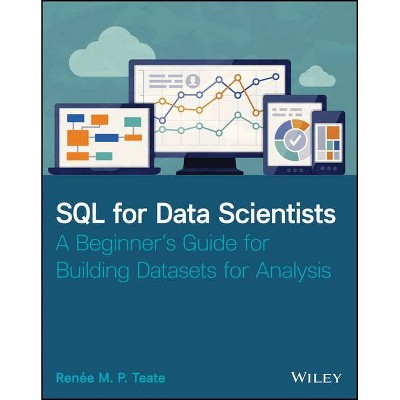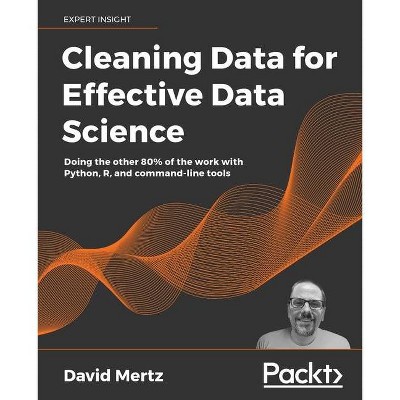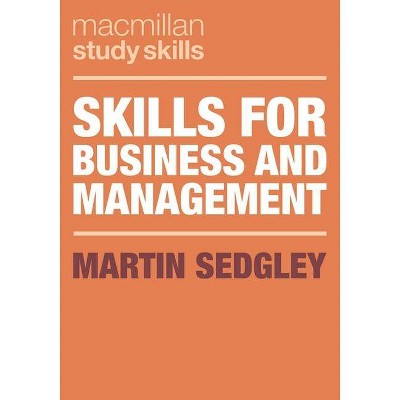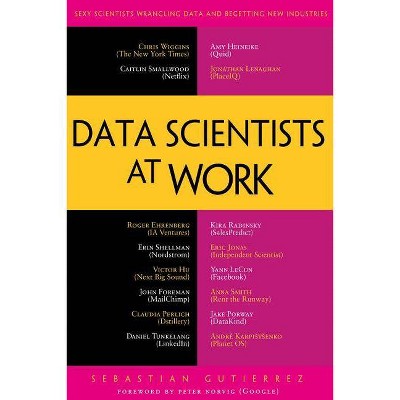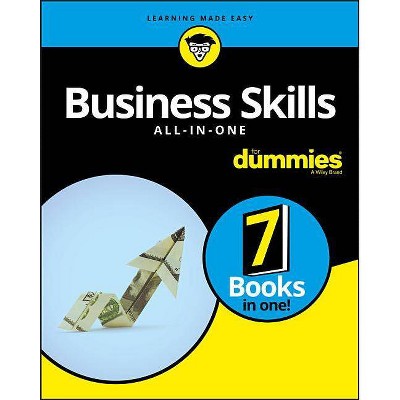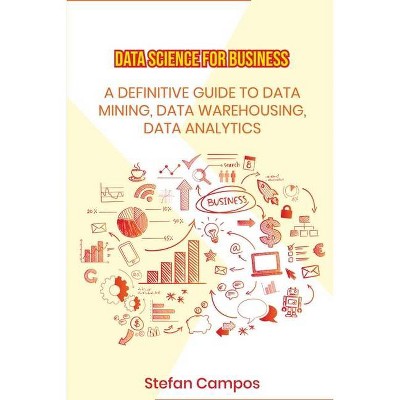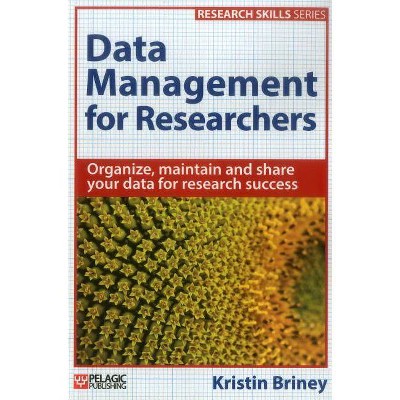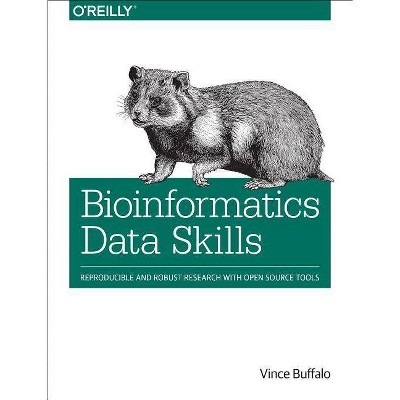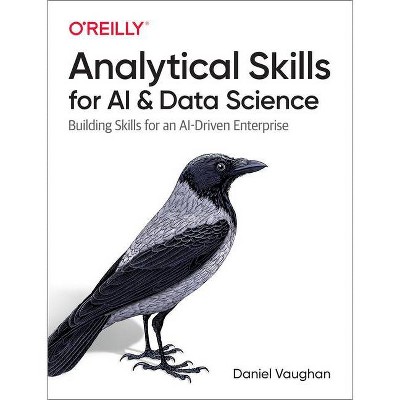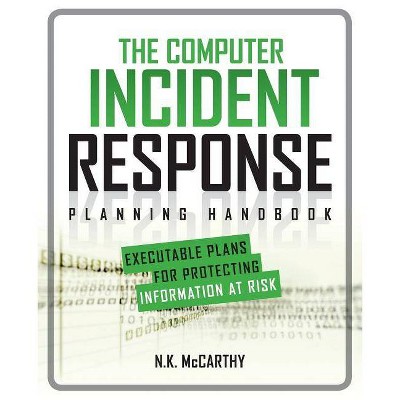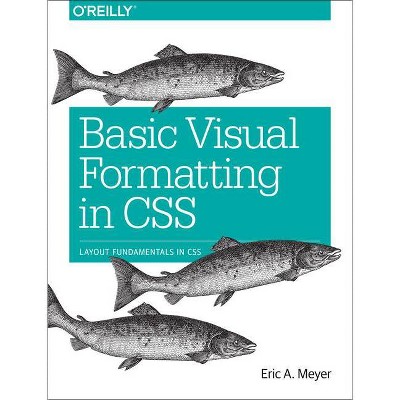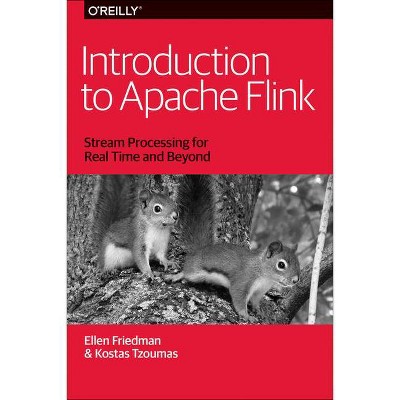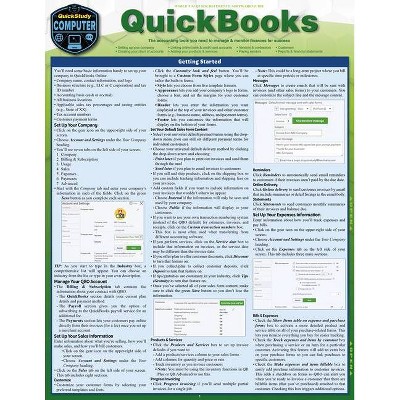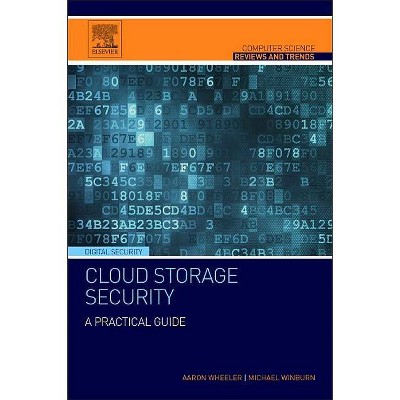Business Skills for Data Scientists - by David Stephenson (Paperback)
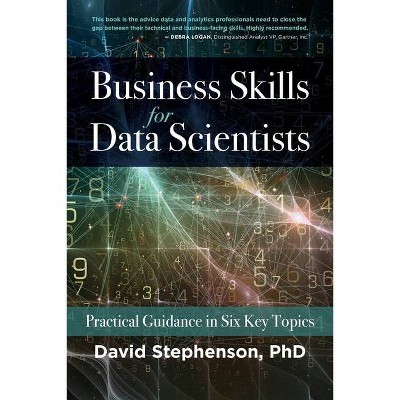
Similar Products
Products of same category from the store
AllProduct info
<p/><br></br><p><b> About the Book </b></p></br></br><p>Foundational skills related to Company, Colleagues, Storytelling, Expectations, Results and Careers--emphasizing how each topic relates to your unique position as an analytics professional.</p><p/><br></br><p><b> Book Synopsis </b></p></br></br><p>This book explains the foundational business skills you'll need to deliver business value and grow your career as an analyst or data scientist. Drawing on best practices, published research, case studies and personal anecdotes from two decades of industry experience, David Stephenson lays out a practical and concise overview of foundational skills related to Company, Colleagues, Storytelling, Expectations, Results and Careers--emphasizing how each topic relates to your unique position as an analytics professional within a larger corporation.</p><p><br></p><p>From the introduction: </p><p><br></p><p>"The six topics in this book-company, colleagues, communication (storytelling), expectations, results and careers-are covered in six sections. They are presented roughly in the order you'll need them during your career, with project leadership skills coming later in the book. The final topic, careers, will be relevant at all stages of your career, even as you pursue your first job as a data scientist.</p><p><br></p><p>The first section, <strong>company</strong>, <strong> </strong>will help you work within a larger organization. Chapter one discusses how organizations generally view data scientists, why they hire them and what they expect from them. This chapter begins to explain how you as a data scientist can produce business value, a topic that is more fully developed in chapter ten. Chapter two describes how to relate to the diverse range of individuals within your organization. By understanding how various roles and functions differ in their goals and values, you will be better prepared to deliver valuable results to them.</p><p><br></p><p>The second section, <strong>colleagues</strong>, covers interpersonal challenges that often present significant problems for data scientists-cultural misunderstandings, negotiating through disagreements, and office politics. Younger data scientists generally perceive these topics as less important, until the day when they suddenly find them extremely important.</p><p><br></p><p>The third section, <strong>storytelling</strong>, <strong> </strong>covers principles and methods key to oral and visual presentations. This section describes how to clarify your message, which is easy in principle but difficult in practice, and how to produce clear slides, graphs and tables. It goes into detail on techniques for decluttering and drawing focus, leveraging principles such as Gestalt and preattentive processing. The two chapters in this section are perhaps the most immediately relevant for data scientists and will provide you with some very quick wins, as I've seen from the responses of my training participants.</p><p><br></p><p>The fourth section, <strong>expectations</strong>, covers techniques for setting expectations, kicking off a project, and maintaining the trust of your stakeholders. In particular, I cover ways to build consensus at the start of a project and ways to avoid the common mistake of working hard to build a solution that no one wants to use.</p><p><br></p><p>The fifth section, <strong>results</strong>, <strong> </strong>presents principles, techniques and case studies related to selecting the most beneficial data science projects. It then describes concepts and frameworks that will help you run those projects to successful completion, despite the shifting expectations and lack of clarity that are so prevalent in data science projects.</p><p><br></p><p>The sixth and final section, <strong>careers</strong>, addresses questions I'm often asked by data scientists, such as how to choose between job opportunities, how to strengthen your CV, and even whether to start working independently as a freelance data scientist."</p><p/><br></br><p><b> Review Quotes </b></p></br></br><br><p>Sound, practical and rich in examples and personal experiences, this book is the advice data and analytics professionals need to close the gap between their technical & business-facing skills. Highly recommended.</p><p><em>-Debra Logan, Distinguished Analyst VP, Gartner, Inc.</em></p><p><br></p><p>The stereotype of a data scientist is someone who is solely focused on refining algorithms. This excellent book demonstrates that business acumen and change management skills are just as important as modeling expertise. Data-focused practitioners will increase their career success by reading it!</p><p><em>-Thomas H. Davenport, Distinguished Professor, Babson College and Visiting Professor, Oxford University. Author of "Competing on Analytics" and "The AI Advantage."</em></p><p><br></p><p>As all seasoned data scientists know, the business-side skills are so commonly a critical missing ingredient - but never before have those skills been spelled out so clearly and thoroughly. This book is a breath of fresh air, one I desperately wish I'd had when I was starting out.</p><p><em>-Eric Siegel, Founder of Predictive Analytics World and Author of "Predictive Analytics: The Power to Predict Who Will Click, Buy, Lie, or Die."</em></p><p><br></p><p>This book contains a trove of solid lessons that I wish someone had shared with me early in my career before I had to learn them the hard way. A must-read for those early in their career and a great review for those of us who have been around a while.</p><p><em>-Bill Franks, Author, Speaker, and Director, Center for Statistics and Analytical Research, Kennesaw State University.</em></p><br>
Price History
Price Archive shows prices from various stores, lets you see history and find the cheapest. There is no actual sale on the website. For all support, inquiry and suggestion messages communication@pricearchive.us
